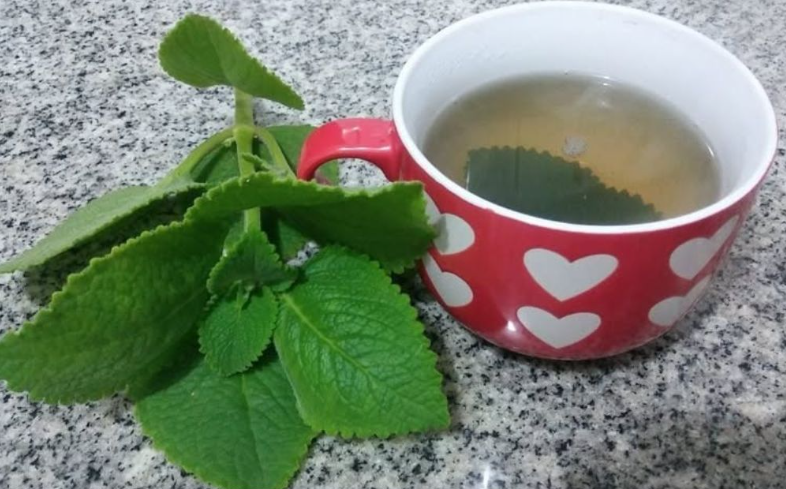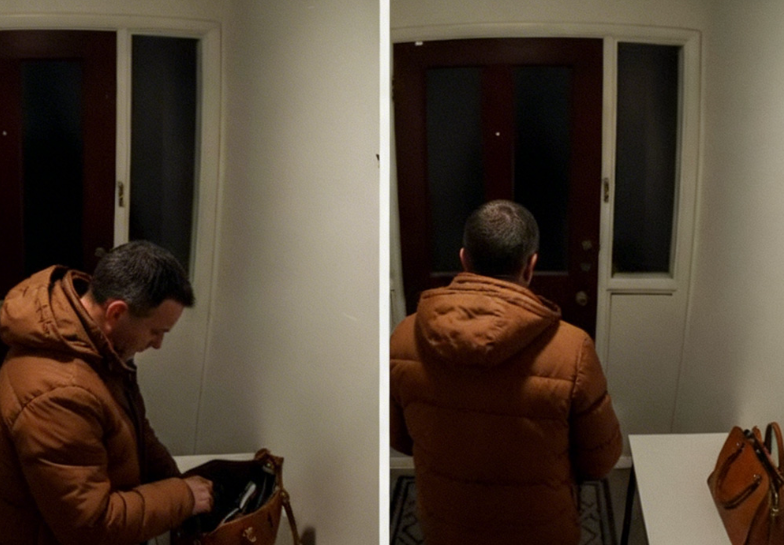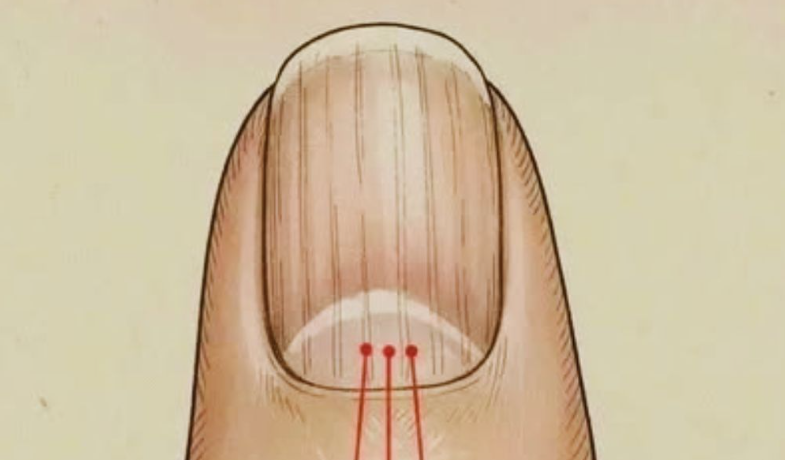When I turned 17, my parents allowed me to attend a lively gathering with friends. I assured them I would return home before the clock struck twelve, yet as I departed from the event, the hour had already reached three in the morning. Upon arriving back at the house at last, I braced myself for a stern talking-to, but in its place came an unexpected hush that filled the air. The lamp in the living room glowed softly, and my mom remained seated on the couch, fully alert, with her fingers intertwined firmly in her lap. My dad positioned himself close to the window, gazing outward as though he had monitored each vehicle that drove by on the street. As I entered the doorway, neither of them raised their voices in reprimand. In response, my mom exhaled unevenly and uttered, “We grew concerned that harm had befallen you.” Her tone carried no trace of irritation — solely a blend of alleviation and lingering anxiety.
I parted my lips, prepared to offer explanations — my device lost power, the evening slipped away unnoticed, my companions urged me to linger longer. However, those reasons seemed inadequate in the moment. For the initial occasion, I perceived the apprehension etched across their expressions with clarity. I came to understand that my parents enforced rules not out of a desire for dominance — they expressed concern rooted in deep affection for me. I expressed regret sincerely, and my dad responded with a simple nod before stating, “In the future, reach out by phone. No matter holds greater significance for us than confirming your well-being.”
They chose not to impose restrictions or deliver lengthy speeches. In their stead, they prepared a warm herbal infusion and joined me at the table in the serene kitchen until dawn’s first light appeared on the horizon. We conversed, shifting away from the typical dynamic of authority and youth, toward a dialogue resembling that of peers — exploring themes of reliability, accountability, and the way independence inevitably involves thoughtful regard for those who remain behind awaiting your return. That evening marked a profound shift within my perspective. I grasped that maturing extended beyond extending hours into the night — it encompassed cultivating honor and empathy toward others.
Reflecting on that experience today, I hold deep appreciation for its impact. I discovered that affection manifests in varied forms — at times it lingers patiently near the glass pane, yearning for your secure arrival. From that point forward, I ensured they never experienced uncertainty about my location. Certain profound insights emerge not through raised tempers — they arise via calm comprehension and steadfast devotion.
To fully appreciate the depth of this personal anecdote, consider the broader context of family bonds and the subtle ways they shape our growth. Many individuals encounter similar pivotal nights during their teenage years, where a single decision ripples into lasting realizations about relationships. In my case, the party itself buzzed with energy: music pulsed through the rooms, laughter echoed among groups of classmates, and conversations flowed freely under strings of colorful lights hung across the backyard. Friends shared stories from school, planned future adventures, and celebrated the freedom of a weekend without immediate obligations. The atmosphere invited everyone to relax and connect, creating memories that felt timeless in the moment.
Yet, as the hours progressed, the initial excitement gave way to a sense of immersion that blurred the boundaries of time. Games evolved into deeper discussions, snacks disappeared from tables, and the group dynamic encouraged staying engaged. Without intending to disregard my commitment, I found myself caught up in the camaraderie, checking the clock less frequently as the night unfolded. The drive home later wound through quiet streets, with streetlights casting long shadows and the cool air sharpening my awareness of how far past the agreed hour I had ventured.
Arriving at the doorstep, the contrast between the vibrant party and the subdued home struck me immediately. The front door creaked open to reveal the familiar surroundings bathed in that single light, highlighting the worry lines on my parents’ faces. My mom’s posture, usually relaxed in the evenings, appeared tense, her eyes searching mine for reassurance. My dad, typically the one to initiate discussions, stood motionless, his silhouette framed against the curtains. Their reaction — or lack thereof — spoke volumes, emphasizing how actions affect those closest to us in ways words sometimes fail to convey.
The conversation that followed in the kitchen unfolded naturally, with steam rising from the mugs and the aroma of chamomile filling the space. We delved into specifics: how a quick message could ease minds, the importance of honoring promises, and the balance between personal exploration and familial peace. My parents shared glimpses of their own youthful experiences, recounting times when they navigated similar challenges and learned from them. This exchange built a bridge, fostering mutual understanding that strengthened our connection.
Expanding on the theme of trust, it becomes evident how such moments serve as cornerstones in personal development. Trust forms the foundation of healthy interactions, requiring consistent effort from all parties involved. In families, it manifests through open communication, where concerns receive acknowledgment and resolutions emerge collaboratively. Responsibility, likewise, evolves as individuals recognize their role in the larger picture, considering how choices influence emotions and expectations.
Freedom, often sought during adolescence, carries inherent obligations. It thrives when paired with mindfulness, ensuring that pursuits do not inadvertently cause distress to loved ones. The night illustrated this interplay perfectly, transforming a potential conflict into an opportunity for growth. Instead of resentment, empathy took root, guiding future decisions with greater awareness.
Years later, this memory resurfaces during family gatherings or when advising younger relatives. It underscores the value of patience in parenting and the quiet strength found in restraint. Parents, in their vigilance, demonstrate care that endures beyond immediate reactions. Children, in turn, benefit from interpreting these signals correctly, internalizing lessons that promote maturity.
Delving deeper into the emotional layers, the relief in my mom’s voice revealed vulnerabilities rarely exposed. Parents invest immense hope in their offspring, navigating fears of the unknown while encouraging independence. My dad’s concise advice encapsulated priorities: safety above all else. Their approach modeled grace under pressure, teaching that responses shape outcomes more than the infractions themselves.
The sunrise that morning painted the kitchen in soft hues, symbolizing a new beginning. As light filtered through the windows, conversations wound down, leaving a sense of resolution. Sleep came eventually, but the imprint of the experience lingered, influencing habits and attitudes long-term.
In broader terms, stories like this resonate across cultures and generations. Literature and media often depict similar turning points, where late nights lead to revelations about love’s protective nature. Real-life accounts shared in blogs, forums, or conversations echo the same sentiments, highlighting universal truths about human connections.
To illustrate further, imagine the preparations leading up to the party: selecting an outfit, coordinating with friends, and the anticipation building throughout the day. The event itself offered a microcosm of social dynamics, with introductions to new people, shared dances, and impromptu photos capturing joyful expressions. Leaving required peeling away from the fun, a transition that felt abrupt in hindsight.
The journey home provided time for reflection, though initial thoughts focused on potential consequences rather than the deeper implications. Pulling into the driveway, the house appeared welcoming yet charged with unspoken tension. Stepping inside marked the threshold between youthful impulsiveness and emerging accountability.
The tea session extended into practical advice: setting reminders, establishing check-in routines, and discussing boundaries that respect everyone’s needs. These elements reinforced the lesson, making abstract concepts tangible.
Gratitude for my parents’ handling of the situation grows with time. Their choice to prioritize dialogue over discipline fostered an environment where learning occurred organically. This method proves effective in building resilient character, as it empowers individuals to self-correct.
Ultimately, the experience solidified a commitment to transparency. Subsequent outings involved proactive updates, eliminating guesswork and nurturing trust. Friendships benefited too, as reliability became a core value.
Exploring related concepts, consideration extends beyond family to communities and societies. Acts of thoughtfulness ripple outward, enhancing collective well-being. Education systems, mentorship programs, and self-help resources often emphasize these principles, drawing from psychological insights on emotional intelligence.
In conclusion, that one night encapsulated a wealth of wisdom. It revealed love’s patient vigil, the weight of worry, and the beauty of forgiveness. Embracing these truths leads to fuller, more harmonious lives, where freedom and care coexist seamlessly.







